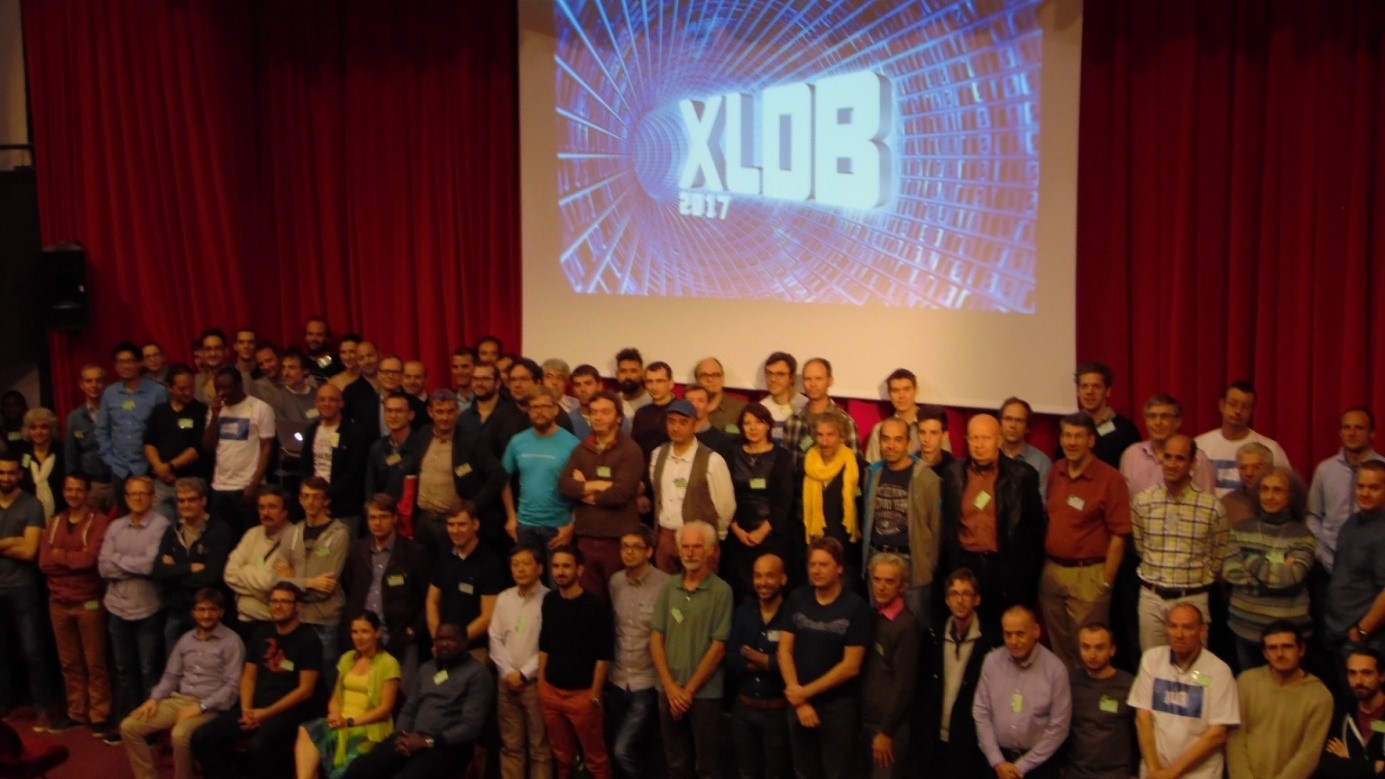Instrumental development
Objective: to develop technological equipment and software tools to detect and then collect, transfer, integrate and use massive data sets

Things like environmental monitoring, e-agriculture, e-health and volcano monitoring require the development of new technologies to collect, transfer, integrate, and use massive data sets.
The site offers scientific and technical skills covering many of the problems of basic and applied research related to connected objects and Big Data. The work already undertaken on these issues at several research laboratories for their own needs and within the framework of CPER projects constitutes the foundation of a scientific community to respond to the issues of CAP 20-25’s four scientific focusses.
The multi-disciplinary "instruments" focus aims to bring together this expertise with stakeholders in strategic challenges, with the priority of developing upstream research:
- On sensors and wireless sensor networks, by studying and developing innovative sensors of interest to the CAP 20-25 scientific challenges, studying and developing innovative communicating nodes, and studying and developing innovative wireless communication protocols.
- On Big Data, by developing or experimenting with new methodological approaches to optimize Big Data processing, analysis and quality.
2017 call for projects - Instrumental development
M2 grants
The steering committee for the CAP 20-25 instruments focus launched a call for proposals for M2 internship topics on a Sensors/Sensor Networks/Big Data issue related with the programs of CAP 20-25’s four scientific challenges.
This call for projects was closed on 15 January 2018.
 Five projects were selected from among ten proposals:
Five projects were selected from among ten proposals:- AME2P-LIMOS: Personalized mobility for better health
- INRA Theix/UR370 - UREP - PIAF: NMR imaging outside the laboratory: proof of concept in agro-ecology
- IRSTEA: Study and implementation of a Spatial Big Data Warehouse solution: application to agro-climatological data
- LIMOS: Reduction of collusion in a LoRaWan network
- LMBP: Zoning techniques for spatial data and fusion of climate data
The Instruments focus covers gratuities for the internships chosen by its steering committee.
Looking back - "XLDB 2017"
Thanks to the rapid and simultaneous evolution of computing power, data storage capabilities, sensor networks and simulation algorithms, data volumes today have reached extreme levels in the Petabyte or even Exabyte range. Management and analysis solutions for such large data volumes are at the leading edge of technologies associated with the current explosion of e-commerce and scientific activities related to Big Data.
The XLDB (extremely large databases) community is taking up the challenges inherent in managing these large masses of data. This community’s main activities are:
For the first time in its history, the XLDB Conference was held outside the United States, in the town of Royat near Clermont-Ferrand, France. The event was co-organized by LIMOS (Laboratoire d’Informatique, de Modélisation et d’Optimisation des Systèmes) and Laboratoire de Physique de Clermont, belonging to IN2P3. These two laboratories are strongly involved in Big Data, in particular through their research and development contributions for the management of large volumes of cosmological data from the OHSA telescope.

The XLDB (extremely large databases) community is taking up the challenges inherent in managing these large masses of data. This community’s main activities are:
- Identifying trends, common elements and problems related to the management and analysis of these volumes of data.
- Defining solutions and strategies bringing together the various communities using data management systems on a large scale thanks to the academic and industrial experts in the area.
- Facilitating the development and growth of Big Data technologies, including, but not limited to, databases.
For the first time in its history, the XLDB Conference was held outside the United States, in the town of Royat near Clermont-Ferrand, France. The event was co-organized by LIMOS (Laboratoire d’Informatique, de Modélisation et d’Optimisation des Systèmes) and Laboratoire de Physique de Clermont, belonging to IN2P3. These two laboratories are strongly involved in Big Data, in particular through their research and development contributions for the management of large volumes of cosmological data from the OHSA telescope.

STEERING COMMITTEE
Chairman: Dominique Pallin
- F. Toumani, co-animateur
- J.-P. Chanet
- O. Guinaldo
- A. Guitton
- A. Mahul
- L. Royer
